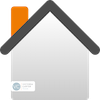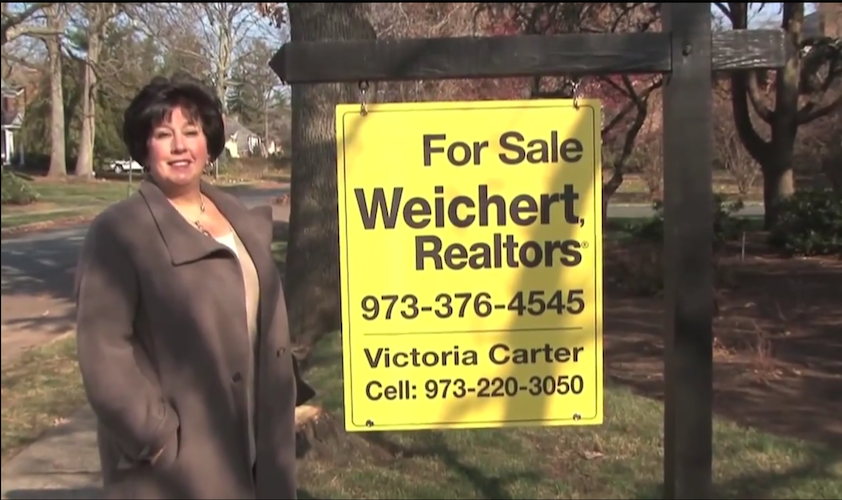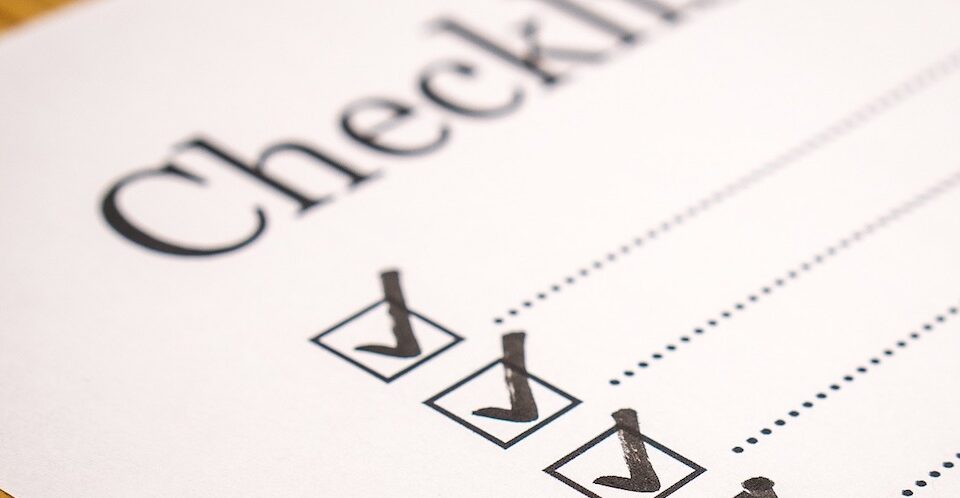
DONNA SCHAFER
08/10/2017
LAURIE NESSER
08/15/2017 STEP ONE: DECIDING TO SELL
STEP ONE: DECIDING TO SELL
Selling a home is a major undertaking. Before taking the plunge, make sure that you’ve thought it through and are ready to proceed. Consider your motivations for selling to help determine if you are indeed ready to part with your current home. We have researched and have put together this Seller’s Guide to help you better understand the process of selling a home.
- Are You Ready to Leave Your Current Home?
Moving is a tiring and stressful experience, and leaving your home can be emotionally difficult as well – especially if you’ve lived there for many years. Make sure you’re really ready to go before you put the property on the market. - Moving Up
Probably the most common reasons for selling a home are the need for more space and the desire to move up to more luxurious property. Many homeowners find that increased income – coupled with appreciation in their current houses – makes moving up a feasible option. This strategy has proven to be a successful long-term wealth builder as housing prices have generally continued to rise over time. - Financial and Tax Implications of Selling
A home is a major investment, and the decision to sell is one fraught with financial implications. Is now a good time to sell? Is it a good time to buy another home? Have you considered the tax consequences of the sale? - Tax Consequences of Selling
Homeowners enjoy some of the most lucrative tax breaks available – one of many factors that makes appreciated housing a major wealth builder. - Consider Taxes Before You Sell
While homeowners typically enjoy favorable tax treatment when selling a home, there are a number of exceptions. Make sure you understand your exact status with regard to taxes before you place your home on the market – it’s too late once you get a buyer. Check with your accountant or tax professional if you’re unsure where you stand. - The Home Sale Exclusion
Generally, financial gains you realize from the sale of your primary residence are excluded from capital gains taxes up to $250,000 for single filers and $500,000 for married taxpayers filing joint returns. In fact, if you qualify for the full exclusion you don’t even have to report the sale on your returns. - Ownership and Use Tests
The primary qualification for the exclusion consists of the ownership and use tests. To pass these tests the following conditions must apply (to you or to your spouse). If the ownership and use tests are not passed then the entire profit from the sale of the home is generally taxable.- You have owned the property for two out of the last five years.
- You have lived in the property (as your primary residence) for two of the last five years.
- You cannot have used the exclusion on another home sale during the past two years.
- Calculating Your Capital GainThe capital gain on a home sale is the excess of the net sale proceeds (after deducting marketing, sale, and closing costs) over your cost basis in the property. The net sale proceeds do not include any portion of the price that is attributable to extra items included in the sale (e.g. furniture).
- What if Your Profit is Greater than $500,000?Gains in excess of the excluded amount ($250,000-$500,000), or all of the gains if the ownership and use tests are failed, are taxable as a normal capital gain. This income is reportable on schedule D of your return. Anyone expecting to realize a gain of this magnitude should probably consult with a tax advisor.
- Handling a Loss on the Sale of a Home
A loss on the sale of your home is a capital loss and is not deductible against ordinary income. If you have a substantial loss on a home sale it probably makes sense to discuss the implications with a tax professional. - Selling for Financial Reasons
Many people sell for financial reasons. A reduction in income, increased expenses (e.g. college tuitions), and the need to save or invest more to meet goals are common reasons for moving to a smaller home. - Remodeling vs. Selling
Even if you want more space or more luxurious appointments, there is an option to selling – you can remodel your existing house. - Selling for Retirees
Retirement is a great time to sell the old family home and purchase something smaller and more convenient. For many people, home equity is a major portion of overall savings and net worth. Reinvesting the proceeds from the sale of an appreciated home can significantly improve your post-retirement budget – and help support an active and enjoyable lifestyle. - Sell First or Buy First?
This is one of the biggest questions faced by homeowners – and it’s not an easy one to answer. Review the below tips for determining which way is best for you.- Sell or Buy First?
Most people try to buy and sell simultaneously, which is almost certainly the best way to go – if the market cooperates. But ultimately you’ll probably have to decide whether to accept an offer on your home before you’ve found a new one – or to buy a new property before yours is sold.- Can You Carry Both Properties?
If you buy a new home before your old one is sold you’ll be faced with carrying two mortgage payments for an undetermined period of time. Can you handle this financially? down payment on your new home without the sale proceeds from the old one? If your income is sufficient to carry the payments, a bridge loan may help you get through this period. - Are You Willing to Rent?
If you accept an offer for your home before you’ve bought a new one you may have to move into a short term rental until you find something to purchase. Are you prepared to move twice, with all the hassle this entails? - Contingent Contracts
The ideal situation is to make the first contract contingent upon the other. For example, you agree to purchase a home but not to close until you’ve sold yours. Unfortunately, few sellers will agree to this kind of condition (and few buyers will agree to wait until you find a new property). You may be able to negotiate the right to stretch out the closing date by a reasonable period, however. This gives you more time to try to match up the closing dates. - Buying a New Home
Purchasing a home that is under construction (or not yet started) gives you considerable time to sell your existing property. Don’t forget, however, that you are still committed to close on the new house when it is completed. Make sure you are able to do so even if you can’t sell your present home – or if you have to slash the price to do so.
- Can You Carry Both Properties?
- Sell or Buy First?
- Rent Out Your Old Home Instead of Selling?
If you’re moving but are reluctant to sell your old home you may have another option – renting. By renting you may be able to sustain the costs of both your old and new houses. Being a landlord is no picnic, however.- The Realities of Being a Landlord
Owning and renting real estate can be extremely lucrative, but for the small property owner the hassles and risks often outweigh the rewards.- Rental Costs and Vacancy
Finding a tenant can take time – and you are carrying the mortgage and other costs each month. Are you financially able to make these payments if you can’t find a tenant quickly? Don’t forget to consider commission costs if you use a realtor or rental agent to find a tenant – this can cost a month’s rent or more. - Maintenance is a Headache
If the heat fails or the plumbing breaks down, it’s you who has to deal with the situation, so make sure you are prepared to handle this before you decide to rent. - Legal Problems
Laws applicable to landlord-tenant rights and relationships vary with location, but many seem to share an almost overt hostility toward the landlord. If a tenant refuses to make rent payments it could take you months (even years!) to complete an eviction–at a cost of thousands in legal fees. During this time you will be paying the mortgage, taxes, insurance, and maintenance costs – with no rental income to offset these obligations. - Beware of Damages
In most areas a landlord is allowed to collect a security deposit equal to one or one and one-half month’s rent. While this amount will generally cover the cost of lender, however, will probably view this arrangement with some scrutiny. Before you decide to rent your old home, make sure that you will not have any difficulty obtaining financing for your new house.
- Rental Costs and Vacancy
- The Realities of Being a Landlord





